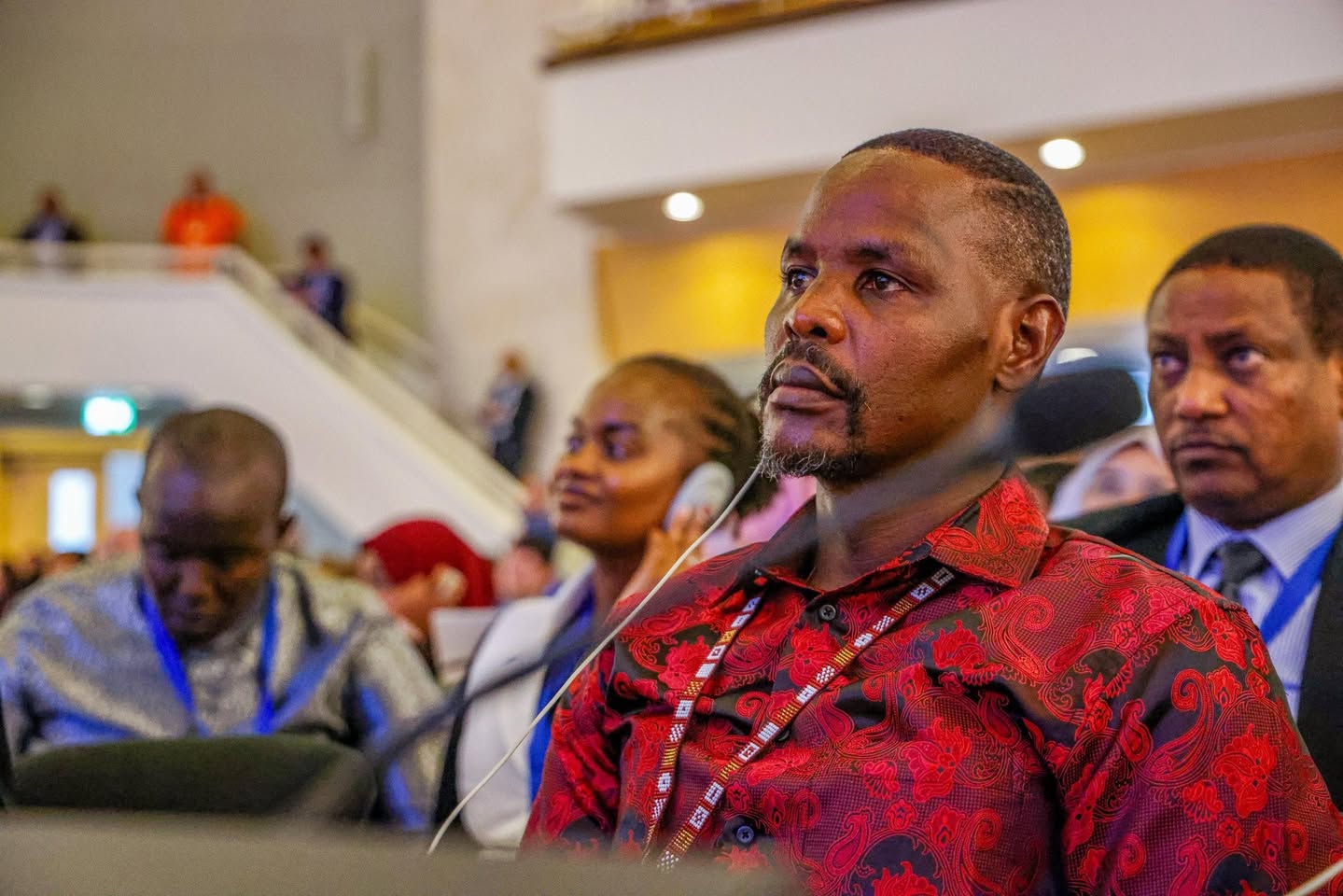

As negotiations resume in Geneva to finalise a landmark global plastics treaty, Kenya is intensifying its efforts to host the treaty’s secretariat at the United Nations Environment Programme headquarters in Nairobi.
The government has consistently lobbied for Nairobi to be the administrative home of the treaty, leveraging the city’s status as the global headquarters of UNEP.
President William Ruto has been at the forefront of this push, rallying international support to back Africa’s position.
Speaking during the sixth session of the UN Environment Assembly in Gigiri last year, Ruto urged the global community to adopt a climate-neutral, resource-efficient and circular economy.
He commended Unep’s leadership in steering the treaty negotiations and called on delegates to support Africa’s call for the secretariat to be based in Nairobi, noting it would enhance efficiency and effectiveness.
The resumed session of the Intergovernmental Negotiating Committee (INC-5.2) to develop a legally binding treaty on plastic pollution, including in marine environments, is now underway at the Palais des Nations in Geneva.
Running from August 5 to 14, the session has drawn more than 3,700 participants, representing 184 countries and over 600 observer organisations.
Kenya’s delegation, led by Environment and Climate Change PS Festus Ng’eno, is advocating for a strong, enforceable treaty.
The country’s priorities include regulating chemical additives and problematic plastics, eliminating legacy plastic waste and promoting extended producer responsibility.
Kenya is also championing a just transition, ensuring financing for developing nations and protecting human health, biodiversity and ecosystems from the devastating impacts of plastic pollution.
The Geneva talks are seen as a critical step in delivering a global treaty to confront the threats plastics pose to human health, oceans and economies.
According to UNEP, between 19 and 23 million tonnes of plastic waste leak into aquatic ecosystems each year, polluting rivers, lakes and seas.
UNEP Executive Director Inger Andersen said that although plastic pollution has infiltrated ecosystems and even the human body, it is not an irreversible crisis.
She emphasised the need for consensus and inclusive multilateralism, adding that agreeing on a treaty text is the first essential step toward ending plastic pollution everywhere.
Chair of the INC, Luis Vayas Valdivieso, described the negotiations as a historic opportunity for the global community to bridge divides and forge a united path forward.
He framed the process not only as a test of diplomacy but also of the international community’s commitment to safeguarding health, enabling sustainable economies and standing with those most affected.
Katrin Schneeberger, director of the Swiss Federal Office for the Environment, echoed the urgency. She warned that plastic waste is choking waterways, harming wildlife and endangering human health.
“This is more than an environmental issue—it is a global challenge that demands urgent and collective action,” she said.
The Geneva session builds on momentum from INC-5, held in Busan, South Korea, in late 2024 and follows earlier sessions in Punta del Este, Paris, Nairobi and Ottawa.
Delegates now face a decisive moment: to agree on a treaty that could define global plastic policy for decades to come.
As negotiations continue, Kenya hopes that its strategic positioning, existing environmental leadership and Unep presence will strengthen its case to host the treaty’s secretariat—a move that would place the country at the heart of one of the world’s most important environmental milestones.
















